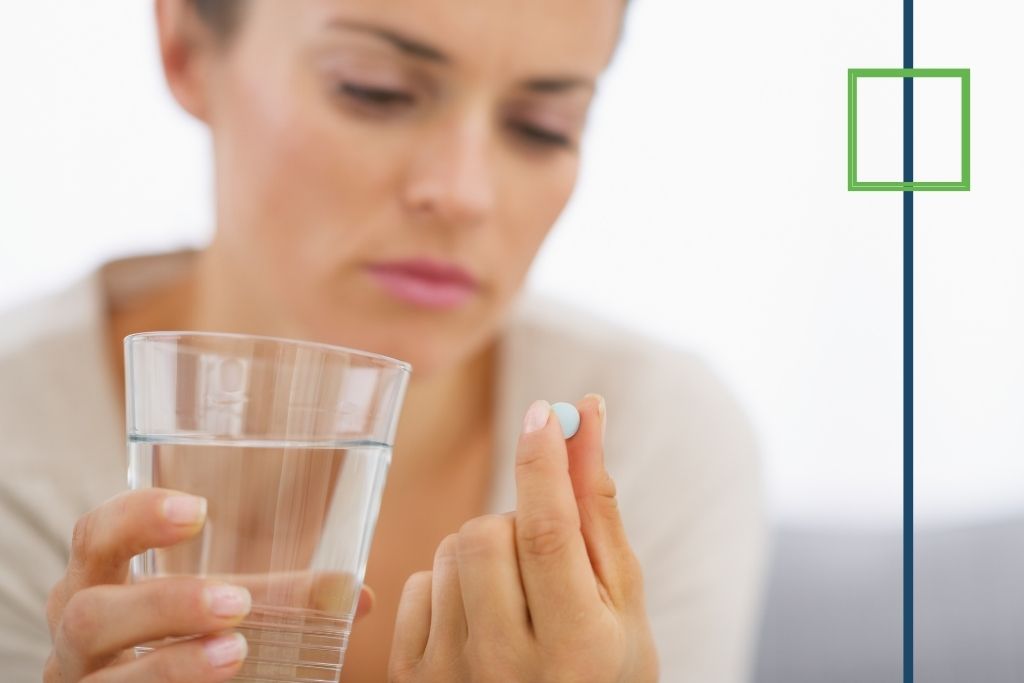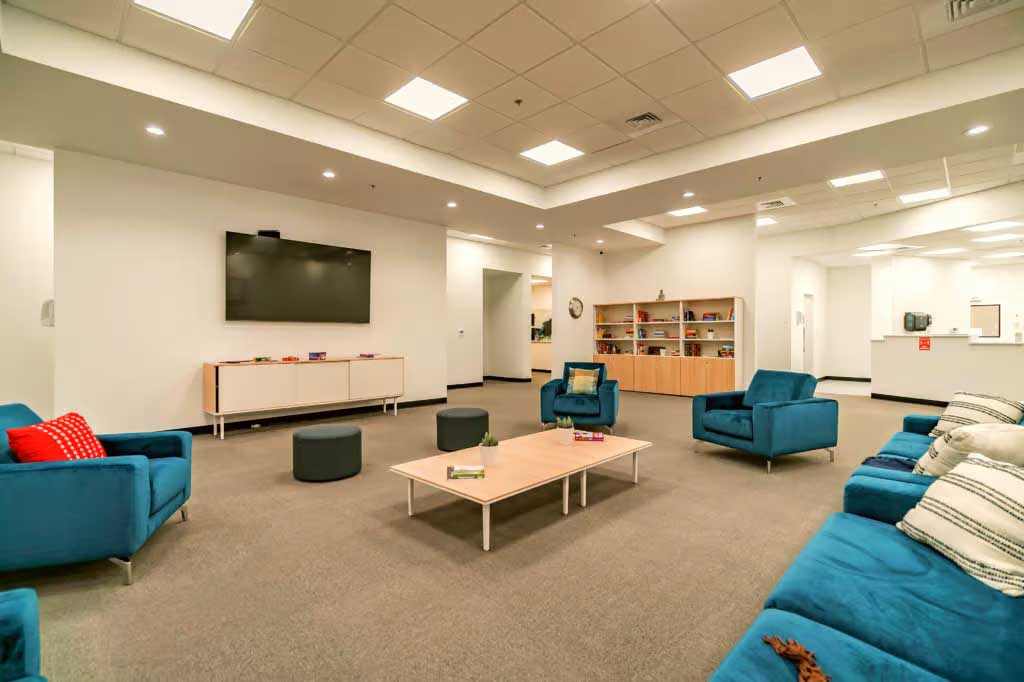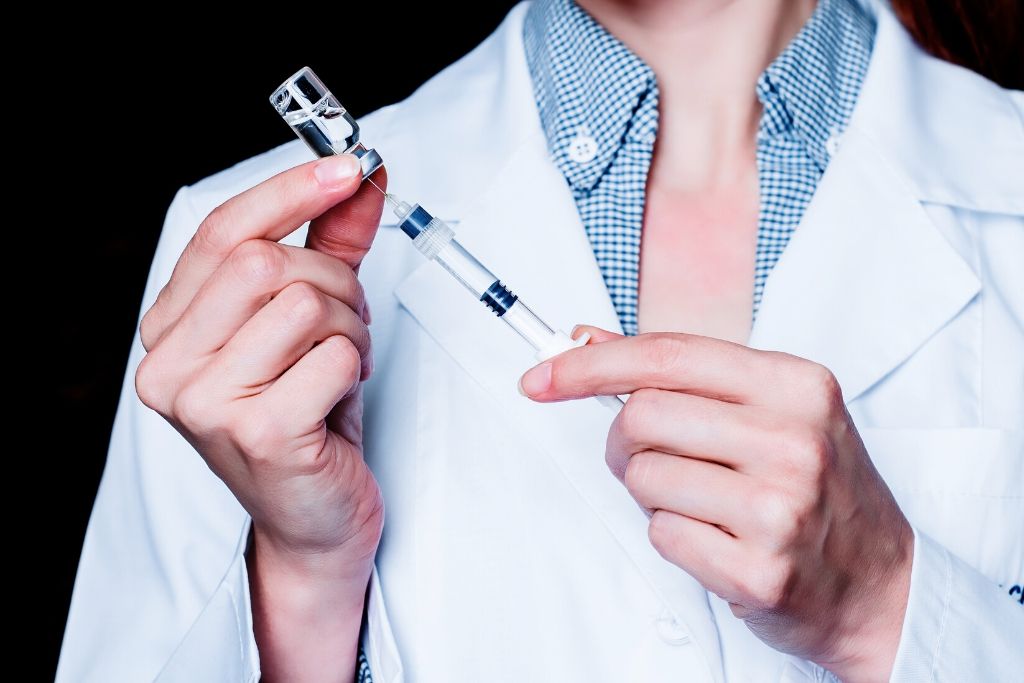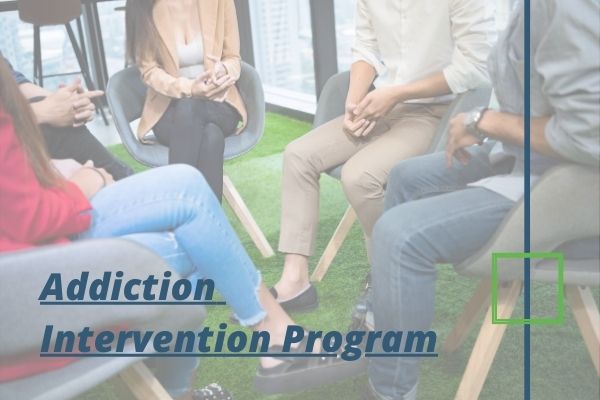What Is Drug Addiction And Depression?
Chronic use of some drugs can lead to short- and long-term alterations in the brain, leading to mental health issues including paranoia, depression, anxiety, aggression, hallucinations, and other problems. Likewise, according to the National Institute on Drug Abuse, data shows a connection between mood disorders like depression and substance abuse. Those diagnosed with a mood disorder are twice as inclined to abuse substances than those without a mood disorder [1]; drug addiction and depression have an apparent strong connection indeed.
High rates of depression are standard among individuals with alcohol use disorders (AUD), particularly alcohol dependence. Data from the National Comorbidity Survey estimated the lifetime prevalence of major depression to be nearly one-quarter (24.3 %) among alcohol-dependent men and almost one-half (48.5%) among alcohol-dependent women, exceeding the prevalence rates among individuals without AUD. In clinical samples, the lifetime rates of co-occurrence are still more incredible, ranging from 50 to 70%. [2]
Compared with the general population, people addicted to drugs are about twice as apt to suffer from mood and anxiety disorders, with the reverse also present. In 2015, an estimated 43.4 million (17.9 percent) adults ages 18 and older underwent some form of mental illness (other than a developmental or substance use disorder). Of these, 8.1 million had a substance use disorder and another mental illness (Dual Diagnosis), like drug addiction and depression. Although substance use disorders usually transpire with other mental illnesses, it’s often unclear whether one helped cause the other or if common underlying risk factors contribute to both diseases. [3]


Get Your Life Back
Find Hope & Recovery. Get Safe Comfortable Detox, Addiction Rehab & Mental Health Dual Diagnosis High-Quality Care at the We Level Up Treatment Centers Network.
Hotline (877) 378-4154Some Common Drugs That Can Cause Mental Health Problems
- Cocaine
- Inhalants
- Ketamine
- Kratom
- LSD
- Marijuana
- MDMA
- Methamphetamine
- PCP
- Prescription Drugs
- Steroids (appearance- and performance-enhancing drugs)
Symptoms Of Depression
Symptoms Of Depression Can Include:
- Fatigue
- Pessimism and hopelessness
- Persistent sad, anxious, or “empty” feelings
- Feelings of guilt, worthlessness, and helplessness
- Trouble concentrating, remembering details, and making decisions
- Insomnia, early-morning wakefulness, or sleeping too much
- Crankiness
- Restlessness
- Loss of interest in things once pleasurable, including sex
- Overeating or appetite loss
- Aches, pains, headaches, or cramps that won’t go away
- Digestive problems that don’t get better, even with treatment
- Suicidal thoughts or suicide attempts
Get Help. Get Better. Get Your Life Back.
Searching for Accredited Drug & Alcohol Rehab Centers Near You? Or Mental Health Support?
Even if you have failed previously, relapsed, or are in a difficult crisis, we stand ready to support you. Our trusted behavioral health specialists will not give up on you. Call us when you feel ready or want someone to speak to about therapy alternatives to change your life. Even if we cannot assist you, we will lead you wherever you can get support. There is no obligation. Call our hotline today.
FREE Addiction Hotline – Call 24/7Depression Diagnosis
There isn’t a “depression test” a doctor can use to see if you have it, so figuring that out often begins with a thorough history and physical exam.
Your Doctor Will Want To Know:
- When your symptoms began
- How long they’ve persisted
- How severe they are
- If depression or other mental disorders run in your family
- If you have a history of drug or alcohol abuse. Treatment for depression and alcohol dependance is very common.
You’ll also be asked if you’ve had comparable symptoms of depression before, and if so, how they were managed.
Most of us feel sad, lonely, or depressed at times. It’s a normal response to loss, life’s struggles, or an injured self-esteem. But when these feelings become overpowering, cause physical manifestations, and last for long periods, they can keep you from leading an everyday, active life.
That’s when it’s time to seek professional help.

About We Level Up New Jersey Addiction Treatment Center
To help you find and maintain sobriety from drug addiction and depression management, we favor a personalized approach to care. From the moment you begin with us, our counselors will help you find a path that fits with your background, your substance(s) of choice, your lifestyle, your interests, and your unique needs.
First-class Facilities & Amenities
World-class High-Quality Addiction & Mental Health Rehabilitation Treatment
Rehab Centers TourRenowned Addiction Centers. Serene Private Facilities. Inpatient rehab programs vary.
Addiction Helpline (877) 378-4154Proven recovery success experience, backed by a Team w/ History of:
15+
Years of Unified Experience
100s
5-Star Reviews Across Our Centers
10K
Recovery Success Stories Across Our Network
- Low Patient to Therapist Ratio
- Onsite Medical Detox Center
- Comprehensive Dual-Diagnosis Treatment
- Complimentary Family & Alumni Programs
- Coaching, Recovery & Personal Development Events
Levels Of Care Summary At We Level Up NJ For Drug Addiction And Depression
Effective treatment often targets all aspects of the self, including mental, emotional, physical, and spiritual well-being.
Programs also strive to support and promote the four dimensions of recovery as noted by SAMHSA: health, home, purpose, and community. [4]
Addiction treatment isn’t as easy as taking a pill and waiting for the effects to kick in. In addition, overcoming addiction requires time, energy, and commitment that has to come from within.
Most treatment programs favor a step-down process, starting with a strict and restrictive environment and gradually phasing down to help those in recovery assimilate back into daily life.

Detox
Detox is the first stage of treatment, lasting around three to seven days based on substance. In detox, users go through drug withdrawal to move past the physical components of addiction. For those with long-term or severe substance abuse, medications and other therapies may be available to minimize side effects.
Inpatient
For three to four weeks following detox, patients reside in an inpatient care facility with limited access to the outside world.
During this time, patients work with counselors and other addiction professionals in individual and group settings to facilitate healing, effective coping mechanisms, and a healthy attitude toward sobriety.
Partial Hospitalization
Also known as PHP, partial hospitalization programs are outpatient programs that balance inpatient and outpatient care. In this time, recovering users live in a sober living house while attending addiction programming during the day, five days a week.
Intensive Outpatient
After several weeks or months of PHP, users graduate to intensive outpatient programs or IOP. These programs give patients a chance to return to work or school while remaining committed to the recovery community.
Participants often live in a sober house during IOP.
Outpatient
After IOP is complete, many recovering users return to their homes and families and attempt to re-enter everyday life. However, remaining active in the recovery community is essential, and many individuals continue attending outpatient addiction treatment programs to maintain sobriety best.
The Need For Intervention Services On How To Help Someone With Drug Addiction And Depression
While interventions can catalyze an addict’s sobriety, it is not guaranteed that an intervention will always be successful. A messed-up intervention can strain relationships, magnify depression, and further alienate the addicted person from their loved ones when done incorrectly. This is one of the main risks of intervention and one of the biggest reasons professional addiction intervention counselors should always be consulted before staging an intervention.
You must watch out for any unusual or odd behavior changes of your loved one to avoid worst-case scenarios such as addiction. This is the best early intervention you can do technically.
World-class, Accredited, 5-Star Reviewed, Effective Addiction & Mental Health Programs. Complete Behavioral Health Inpatient Rehab, Detox plus Co-occuring Disorders Therapy.
CALL (877) 378-4154End the Addiction Pain. End the Emotional Rollercoaster. Get Your Life Back. Start Drug, Alcohol & Dual Diagnosis Mental Health Treatment Now. Get Free No-obligation Guidance by Substance Abuse Specialists Who Understand Addiction & Mental Health Recovery & Know How to Help.
Types Of Depression
Some types of depressive disorders [5] that may require treatment include:
- Major Depressive Disorder (MDD)
- Persistent Depressive Disorder (PDD)
- Bipolar Disorder
- Postpartum Depression (PPD)
- Premenstrual Dysphoric Disorder (PMDD)
- Seasonal Affective Disorder (SAD)
Causes Of Depression
The most common causes of depression include but are not limited to:
- Biological and Psychological Factors
- Environmental Factors
- Brain structure
- Hormonal imbalance
- Substance Abuse
- Genetically Inherited traits
Addiction intervention services can help defuse tensions and help to negotiate the conversation. This can make interventions much more likely to succeed and result in the addicted person enrolling in rehab.
Working with a professional interventionist helps you or your loved one take the edge of carefully confronting an addicted individual with depression. Not only will you have an expert to supervise you through planning the intervention event and coordinating an addiction treatment center, but you will also have a moderator to make sure the event itself goes smoothly, supporting loved ones as well.

How To Get Help Fighting Drug Addiction And Depression
If you think that someone you love struggles with drug addiction and depression, you must get them help. And although it can be tough to come to terms with the fact that someone you love works with addiction, it can save their life. You may even resort to denial and look the other way when you see the warning signs. But, unfortunately, there’s also a chance that you have no idea how to get your loved ones the help they need, which is typical.
Not Sure What To Do Next?
Free personal, private consultations with one of our counselors 24/7 for getting help for you or for loved one’s drug addiction and depression.
Experience Transformative Recovery at the We Level Up Treatment Center.
See our authentic success stories. Get inspired. Get the help you deserve.



Start a New Life
Begin with a free call to an addiction & behavioral health treatment advisor. Learn more about our dual-diagnosis programs. The We Level Up treatment center network delivers various recovery programs at each treatment facility. Call to learn more.
- Personalized Care
- Caring Accountable Staff
- World-class Amenities
- Licensed & Accredited
- Renowned w/ 5-Star Reviews
We’ll Call You
Sources:
[1] Comorbidity: Addiction and Other Mental Illnesses – National Institute On Drug Abuse
[2] Meta-analysis of depression and substance use among individuals with alcohol use disorders – National Center for Biotechnology Information
[3] Health Consequences of Drug Misuse Mental Health Effects – National Institute On Drug Abuse
[4] Find Help and Recovery – Substance Abuse and Mental Health Service Administration
[5] Depression Treatment – We Level Up